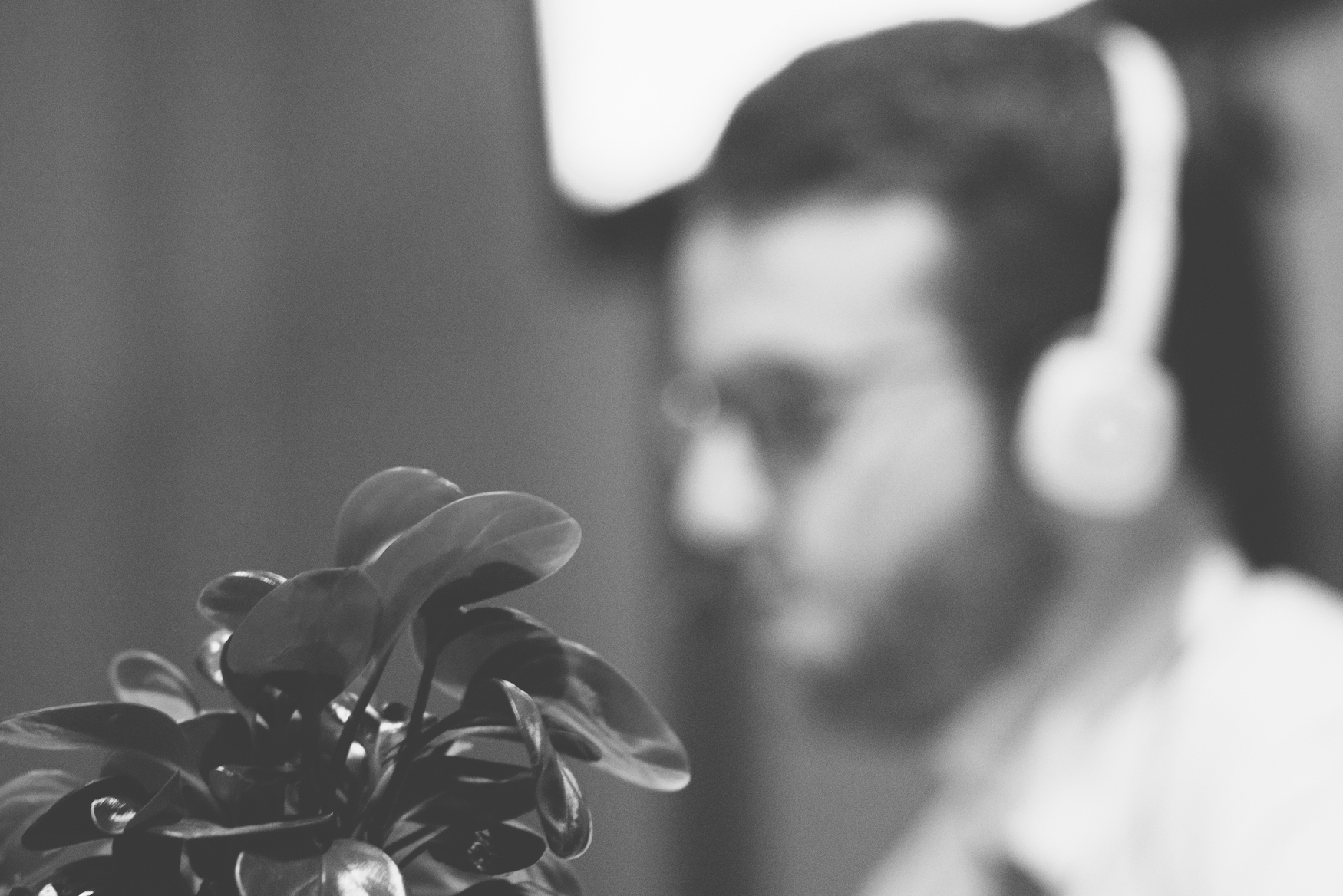Event/s

Sam Kidel: Becoming Unquantifiable
Sat, 11. Aug 2018
Human worth is increasingly defined in measurable quantities. Our data is harvested for profit through social media platforms and web browsing activity. We are made precarious by working conditions that require us to be flexible entrepreneurs of the self. Perhaps worse than the expectation that we must market ourselves to possible employers, is the sense that we must also demonstrate our quantifiable qualities to our peers. Psychologists have found that in this neoliberal era, what they call ‘socially-oriented perfectionism’ has increased, leading to anxiety and paranoia. Our acceptance of these conditions is a matter of survival, but the complicity of movements like the ‘Quantified Self’, which promotes power through continuously quantifying the self, turns what might be a partial survival strategy into a new mode of defining human worth.
So how do we resist such conditions? I suggest that the first step is in becoming unquantifiable; recovering a sense of self beyond the limits of our data-set, and feeding the parts of ourselves that are squashed by these neoliberal conditions.
In this workshop, we will together make public ‘profiles’ of ourselves that are unquantifiable. We will take photographs of ourselves that make us invisible to facial recognition software, and recordings of our voices that are unintelligible to voice recognition software. Through these (often silly) practices of self-representation, we will ask: what would it feel like to become unquantifiable?
To RSVP: info@liquidarchitecture.org.au